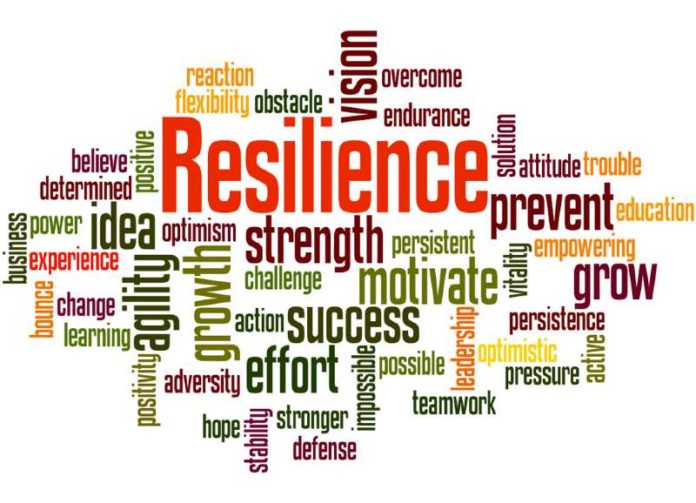As the global pandemic continues to impact life and the economy, many small businesses are struggling to adapt. Nearly 7.5 million small businesses in the U.S. are at risk of closing permanently. Because customers are purchasing essentials online, these businesses must diversify their offerings from a single-product strategy to survive.
This article offers six ways businesses can make it through any such crisis, including a notable case study about a Silicon Valley café.
Between staffing challenges, supply chain shortages, and safe social distancing, COVID-19 is pushing organizations of all sizes to pivot their business. Big tech companies like Amazon and Google scrambled to move thousands of employees to remote work, while mom and pop restaurants started selling meal kits and takeout instead of dine-in services. Even the Supreme Court started live streaming oral arguments for the first time in history.
A study by McKinsey shows that the majority of small to medium businesses are concerned about the sustainability of their operation. To adapt, many small businesses must rapidly transform in the face of COVID-19 to offer modernized experiences while meeting customers’ changing needs in an increasingly digital world.
Businesses with an agile approach always have a better chance of meeting new needs and staying afloat during these uncertain times. There are six essential steps that small businesses can follow to survive this sudden shift in consumer needs.
Six Business Tips to Survive Economic Challenges
Take stock of existing assets. Small businesses should create and review a list of their assets. By taking stock of staff and their skills, potential partnerships, IT investments, and more, businesses can spot potential opportunities to leverage as they adjust their business model.
Conduct new market research. The new demands of COVID-19 create new customer needs. Small businesses should get in touch with customers and work to understand potential changes in their preferences and priorities. Speaking directly with your audience is critical to understanding what they need.
Explore related offerings. Launching related offerings can help retain loyal customers as well as open the doors for new markets. When exploring their options, small businesses should look for potential partnerships and collaborations to save on costs, lead time, and other important factors.
Embrace digital for both convenience and safety. During COVID-19, digital orders can increase convenience and also decrease the amount of personal interaction that occurs—helping keep both customers and staff safer. As small businesses reopen, they should communicate and enforce AIHA guidelines for both customers and staff.
Create a supportive work culture. A top-notch staff is key to any business’s success. Managers should check in with their staff and support them where they can, such as paid sick leave and flexible hours for childcare. Even if a business cannot afford these benefits, honest discussion and empathy will go a long way.
Experiment before committing. As the situation continues to evolve, customer needs change quickly as well. Small businesses should start with a “minimum viable product” to get things going and improve from there. This keeps costs low where possible and allows businesses to iterate rapidly.
A Case Study on Small Business Adaptation: Silicon Valley’s Coupa Café
Coupa Café is known as a hub where VCs and startup execs hold “meet and greets.” Although it’s usually a sit-down café, they evolved into a “restaurant-market” to meet new COVID demands.
To meet new customer demands, Coupa café began to offer groceries as well as standard café fare. Then, they integrated DoorDash so that the new grocery option could be seamlessly delivered along with regular cafe items.
For an injection of cash, they created an incentive for their customers to load money onto their loyalty cards upfront. Finally, Coupa café worked to support their employees and were able to fundraise $26k in funds to support staff during these uncertain times.
Because of their swift action and willingness to embrace change, Coupa Café not only adapted but is now thriving under these new demands.
In general, restaurants, bars, and coffee shops should explore ways to reskill their employees, leverage technology, and highlight their “local business” status to compete with big fish like Whole Foods and Amazon. By working to deliver groceries, prepared meals, and other much-needed supplies to their communities, small businesses can stay in the game during the pandemic and beyond.
Although many blame COVID-19 for business fragility and closures, the hard truth is that the pandemic simply exposed existing unpreparedness and blind spots. As small businesses continue to invest in resilience, they’ll become more innovative and discover new products and services. These investments in technology, staff skills, and customer convenience will serve small businesses long after the pandemic is over.
Vivek Lakshman is VP Innovation at Pramati Technologies, a software technology incubator that thrives on a model of “alternative entrepreneurship” creating modernization and business transformation products and services.
Resiliency stock photo by serato/Shutterstock







